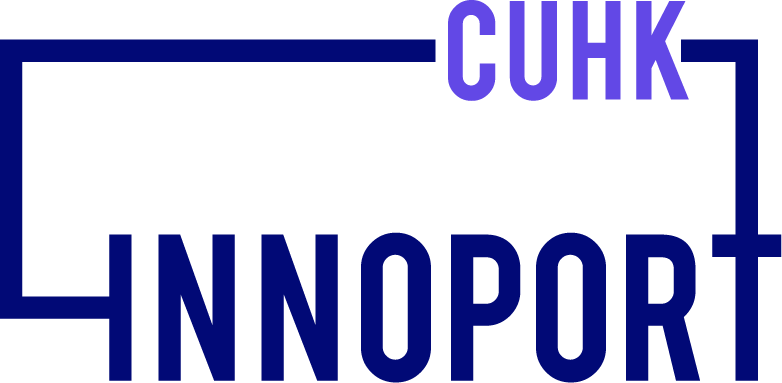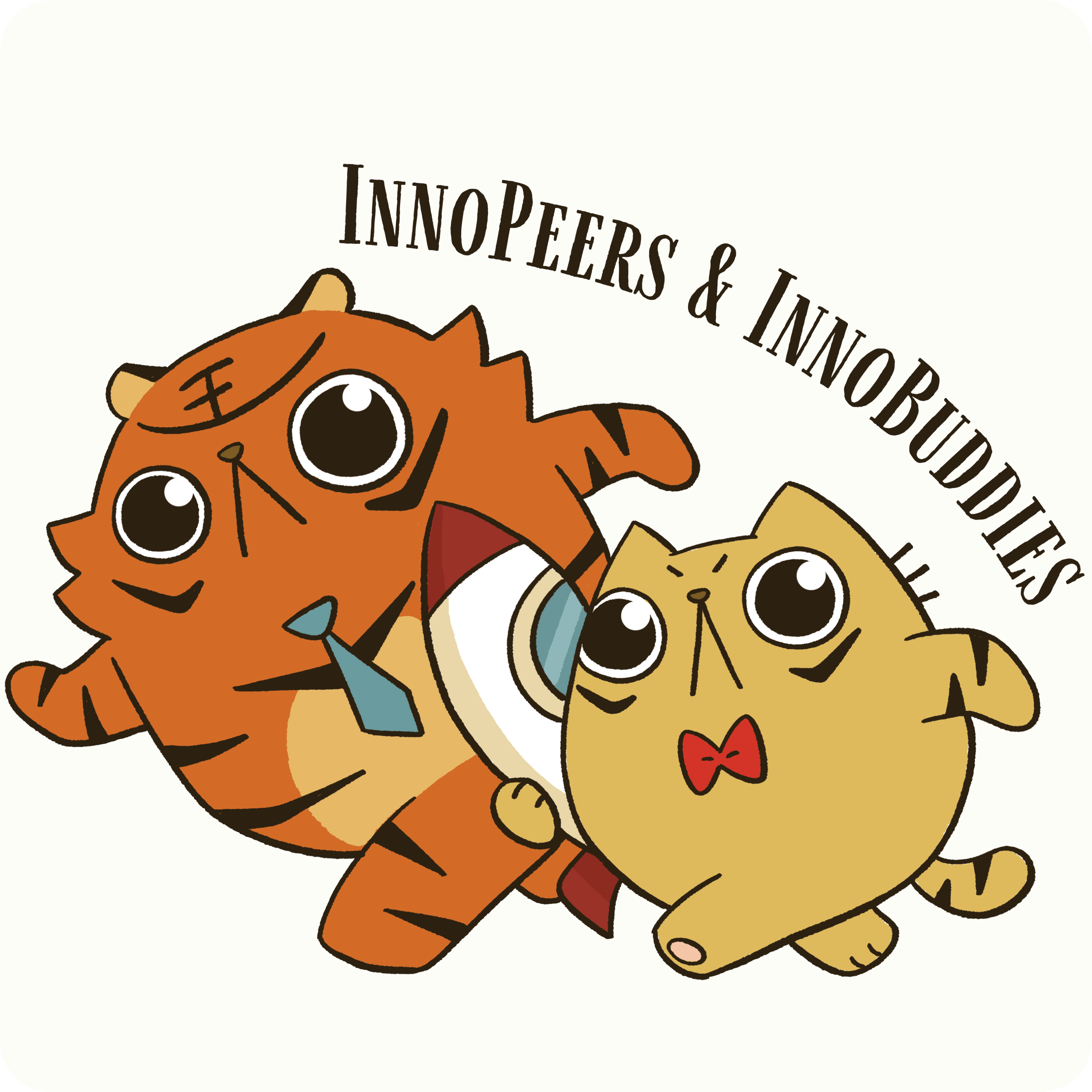The second half of our interview was an “AmoGood-style” crash course on oriental history. While Prof Catherine So received Western education, her project partner Dr Jianguo Zhang, a specialist in tuina massage (推拿) and qigong (氣功), was born and raised in Shandong Province, China. He generously shared with us the culture shocks he experienced since coming to the city, as well as his health regimens.
In 2004, Dr Zhang left Shandong University of Traditional Chinese Medicine Affiliated Hospital – where he had taught for years – to join the Hong Kong Baptist University, moving on to CUHK in 2013. He waxed lyrical about his profession with palpable passion, so swiftly we had to rely on Catherine’s “interpretation” for a few times. It was then Dr Zhang saw the light, “Eh, was I talking too quickly?”

Confucius’s fellow countryman
Dr Zhang hails from Jinan, famed for its many literati, “Shandong is Confucius and Mencius’ homeplace – it has a rich ambience of oriental culture, and Traditional Chinese Medicine (TCM) is an indispensable part. It stresses a conformity to nature and regulation of the flow of qi, tonifying where deficient while purging where excessive, attaining a balanced state.” (Translator’s got a headache at this point.) On top of a firm foundation in TCM, he was enlightened by an “exceptionally miraculous” old practitioner to further his studies in TCM – not to mention expectations from his father, who’s a school headmaster.
Since coming to CUHK, Dr Zhang has been on a mission – bringing paediatric massage to new heights in Hong Kong. Partnering with Catherine, who’s apt at analysis and research, he tested the therapy’s effectiveness on autism.
“It was a real shock at first, seeing this many autistic cases,” his brows knitting together in pain. He confessed to have never heard of this condition prior to 2004, until coming across this community in Hong Kong. “Countless families are in agony, destabilised.” He persists in perfecting TCM treatment for these patients.
Catherine added that systematic studies on autism were not available in mainland till the 2010s. As few as two or three national hospitals offer comprehensive diagnosis across the entire country. (According to HK01’s report in 2019, mainland autism expert Prof Xiaobing Zou estimated that there are merely 300-500 paediatricians capable of diagnosing autism in China.)

Secrets to great health
Well versed in paediatric massage, Dr Zhang is also a master in qigong. Does he still practice? “Routinely! Every morning at 7 in Kowloon Park, come rain or shine.” No wonder he’s in trim. Besides carrying a bottle of hot tea at all times, he “zen jogs” – scurrying for an hour without headphones on. “(Breathe) out, out, out, in, in, in,” he shrugged his jacket off and showed us the form in the classroom.
Does Catherine follow Dr Zhang’s example? She shook her head in a defiant no. “No way, my mind can’t stop running, even while exercising I’ve got to have the TV on. Only when about to come down with the flu would I go to him (Dr Zhang) for meds.” Like most city-dwellers, it would seem that Catherine is still on her way to “a balanced state”.
By Kary Wong@ORKTS
English translation by Cathy Wong@ORKTS




